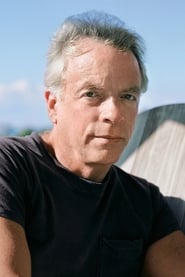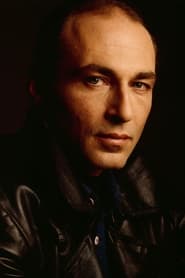
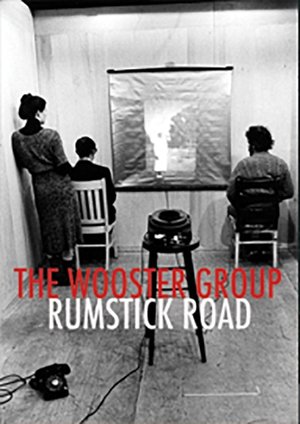
Rumstick Road(2014)
A video reconstruction of the 1977 Wooster Group production Rumstick Road, an experimental theater performance created by Spalding Gray and Elizabeth LeCompte after the suicide of Gray's mother. Archival recordings are combined with photographs, slides, and other materials to recreate the original production.
Movie: Rumstick Road
Top 4 Billed Cast
Self (archive footage)
Self (archive footage)

Rumstick Road
HomePage
Overview
A video reconstruction of the 1977 Wooster Group production Rumstick Road, an experimental theater performance created by Spalding Gray and Elizabeth LeCompte after the suicide of Gray's mother. Archival recordings are combined with photographs, slides, and other materials to recreate the original production.
Release Date
2014-05-01
Average
0
Rating:
0.0 startsTagline
Genres
Languages:
Similar Movies
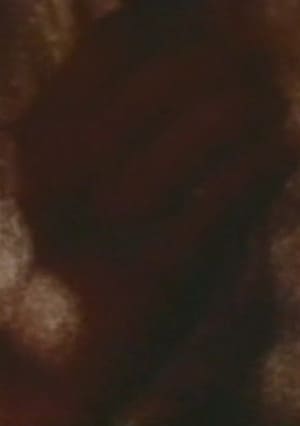 4.2
4.2Song 5(en)
SONG 5: A childbirth song (the Songs are a cycle of silent color 8mm films by the American experimental filmmaker Stan Brakhage produced from 1964 to 1969).
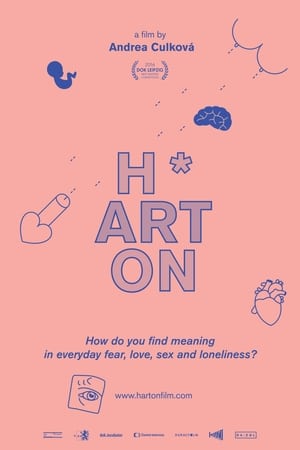 5.0
5.0H*art On(cs)
H*ART ON dives off the deep end of modern art. A film about the yearning to create, to mould everyday emotions into a meaningful life and, most of all, to live beyond one's death. A struggle that gets to the existential core of each of us. How do you find meaning in everyday fear, love, sex and loneliness?
Dreams of Ice(es)
In 1992 the Universal Exhibition in Seville was held in Spain. Chile participated in this exhibition by displaying in its pavilion an ice floe captured and brought especially by sea from Antarctica. In these true facts is based the fantasy narrated in Dreams of Ice. Filmed between November 1991 and May 1992 on board the ships Galvarino, Aconcagua and Maullín, in a voyage that goes from Antarctica to Spain, in this documentary film in which dreams, myths and facts converge towards a poetic tale turned into a seafaring saga, in the manner of the legends of the seafarers that populate the mythology of the American continent and universal literature.
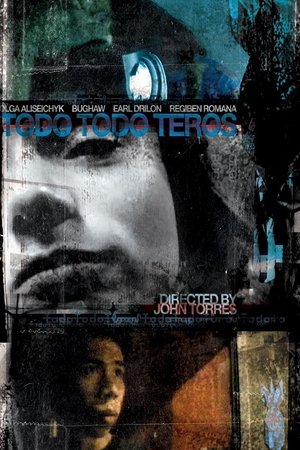 5.2
5.2Todo Todo Teros(en)
Basically an artist is also a terrorist, the protagonist thinks in an unguarded moment. And if he is a terrorist after all, then he might just as well be one. Not an instant product, but an experimental feature in which diary material is brought together to form an intriguing puzzle.
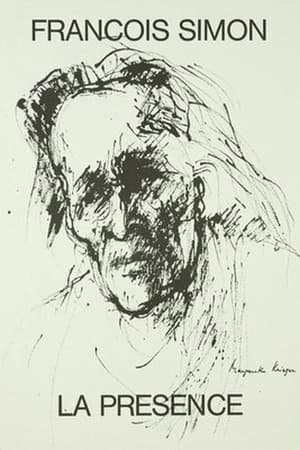 0.0
0.0Francois Simon the Presence(en)
The work of legendary actor François Simon, son of Michel Simon.
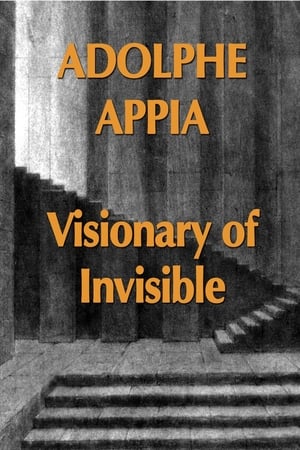 0.0
0.0Adolphe Appia Visionary of Invisible(fr)
The life and work of stage designer ADOLPHE APPIA, originator of the most profound agitations in contemporary theatre. Through the dynamic alternation of animated drawings and choreographies specially conceived for the film, we discover the steps of his artistic evolution.
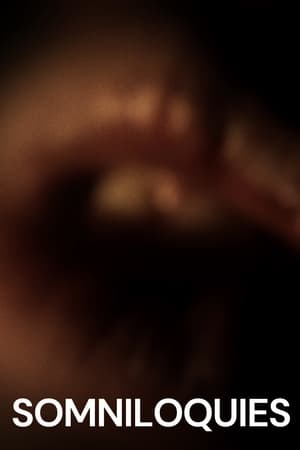 7.6
7.6Somniloquies(en)
Works with sound recordings of Dion McGregor, who became famous for talking in his sleep.
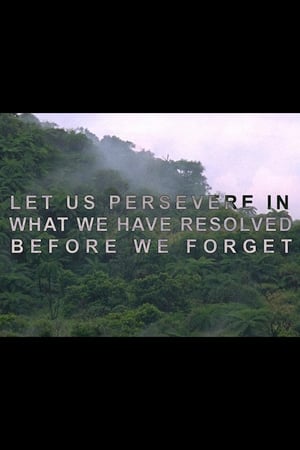 7.3
7.3Let Us Persevere in What We Have Resolved Before We Forget(en)
On the island of Tanna, a part of Vanuatu, an archipelago in Melanesia, strange rites are enacted and time passes slowly while the inhabitants await the return of the mysterious John.
 9.0
9.0CMA Country Christmas 2017(en)
Country Music queen Reba McEntire will debut as host for the eighth annual “CMA Country Christmas” event from Nashville’s famed Grand Ole Opry House on Monday, November 27, 2017 on ABC. The two-hour holiday music celebration airs on the ABC Television Network and will feature performances by McEntire and a lineup of today’s best in Country sharing their favorite sounds of the season.
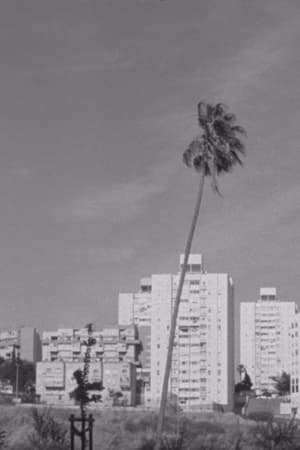 0.0
0.0Thirteen Ways of Looking at a Blackbird(pt)
Taking its title from the poem by Wallace Stevens, the film is composed of a series of attempts at looking and being looked at. Beginning as a city state commission under the name and attitude of “Unschool”, the film became a kaleidoscope of the experiences, questions and wonders of a couple of high school students after a year of experiences with filmmaker Ana Vaz questioning what cinema can be. Here, the camera becomes an instrument of inquiry, a pencil, a song.
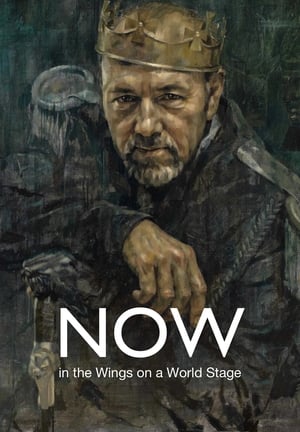 6.2
6.2NOW: In the Wings on a World Stage(en)
Kevin Spacey, Sam Mendes and the Bridge Project Company go on the road in NOW: in the Wings on a World Stage. In over 200 performances, and across 3 continents, Kevin and the troupe reveal some of the most intimate moments behind the scenes of their staging of Shakespeare's classic tragedy, "Richard III." Their story and experiences weave around, and reflect on, excerpts from the play from their various locations, from Epidaurus to Doha, and provides a great opportunity for those who have never experienced Spacey on stage to witness his immerse and captivating interpretation of Richard III. NOW chronicles the first collaboration between Spacey and Mendes since both won Academy Awards® for their work on American Beauty.
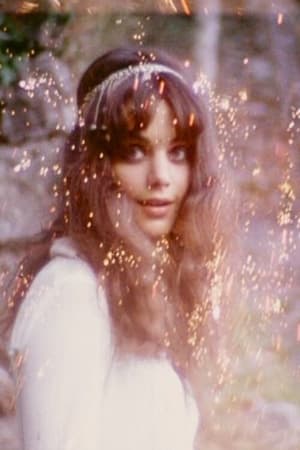 8.1
8.1Home Movie: On the Set of Philippe Garrel's 'Le lit de la vierge'(fr)
An experimental and poetic portrait of a woman.
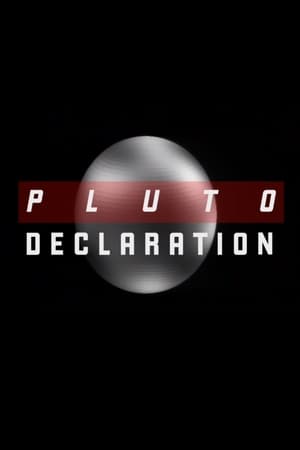 0.0
0.0Pluto Declaration(en)
Restore the classical definition of planet! Bring back planet Pluto! The solar system is twelve!
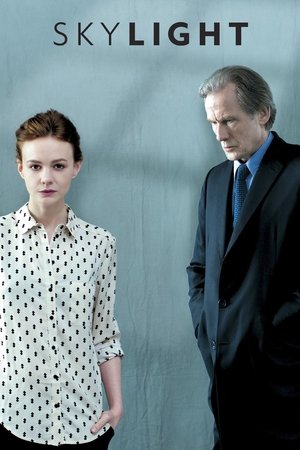 8.9
8.9National Theatre Live: Skylight(en)
On a bitterly cold London evening, schoolteacher Kyra Hollis receives an unexpected visit from her former lover, Tom Sergeant, a successful and charismatic restaurateur whose wife has recently died. As the evening progresses, the two attempt to rekindle their once passionate relationship only to find themselves locked in a dangerous battle of opposing ideologies and mutual desires.
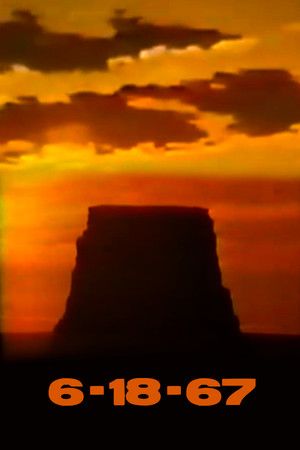 5.8
5.86-18-67(en)
6-18-67 is a short quasi-documentary film by George Lucas regarding the making of the Columbia film “Mackenna's Gold”. This non-story, non-character visual tone poem is made up of nature imagery, time-lapse photography, and the subtle sounds of the Arizona desert.
 7.8
7.8Man with a Movie Camera(ru)
A cameraman wanders around with a camera slung over his shoulder, documenting urban life with dazzling inventiveness.
Every Wall is a Door(fr)
Drawing on VHS tapes of a programme hosted by her mother on Bulgaria’s national television, the filmmaker gives a pop-style and in-depth chronicle of the gentle – even “over-gentle” – 1989 revolution.
Patrice Chéreau, Pascal Greggory, une autre solitude(fr)
A look at the entire process of creating and developing Patrice Chéreau’s third staging of "In the Solitude of Cotton Fields" by Bernard Marie Koltès with Pascal Greggory and Chéreau himself. From the first reading around the table through the first contact with the performance space, rehearsals and lighting to opening night, the entire creative process unfurls in front of our eyes. The film shows us the evolving and ongoing dialogue between Greggory and Chéreau, a dialogue full of crises and magical moments of harmony and insight via which the truth, intensity, complexity, mystery and depth of Koltès’ text gradually emerge to form an implicit bond between these two men. The film also shows Chéreau directing rehearsals for Mozart’s "Don Giovanni" in Salzburg, revealing both the unity of and profound differences between his opera and theater work.
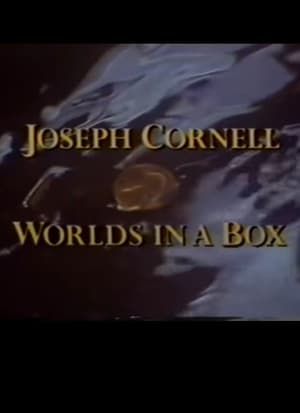 0.0
0.0Joseph Cornell: Worlds in a Box(en)
This is a 1991 documentary film about the legendary artist and filmmaker, Joseph Cornell, who made those magnificent and strange collage boxes. He was also one of our great experimental filmmakers and once apparently made Salvador Dali extremely jealous at a screening of his masterpiece, Rose Hobart. In this film we get to hear people like Susan Sontag, Stan Brakhage, and Tony Curtis talk about their friendships with the artist. It turns out that Curtis was quite a collector and he seemed to have a very deep understanding of what Cornell was doing in his work.
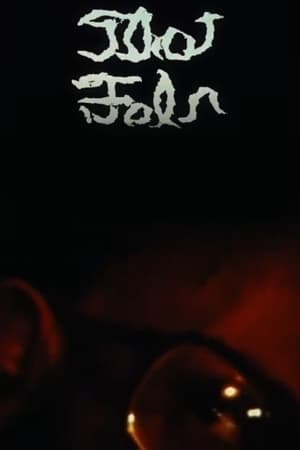 5.4
5.4Thot-Fal'N(en)
This film describes a psychological state "kin to moonstruck, its images emblems (not quite symbols) of suspension-of-self within consciousness and then that feeling of falling away from conscious thought. The film can only be said to describe or be emblematic of this state because I cannot imagine symbolizing or otherwise representing an equivalent of thoughtlessness itself. Thus the actors in the film, Jane Brakhage, Tom and Gloria Bartek, Williams Burroughs, Allen Ginsberg, Peter Olovsky and Phillip Whalen are figments of this 'Thought-Fallen Process', as are their images in the film to find themselves being photographed."
